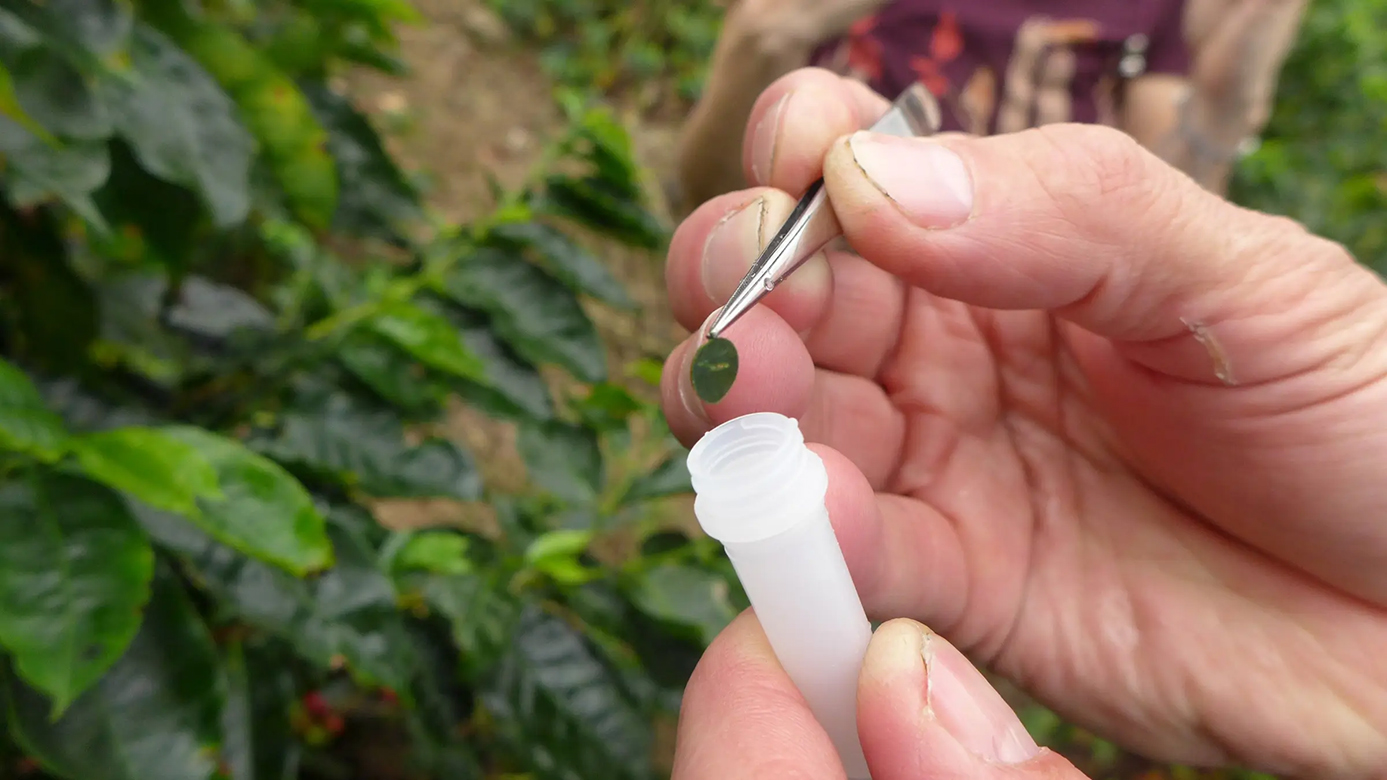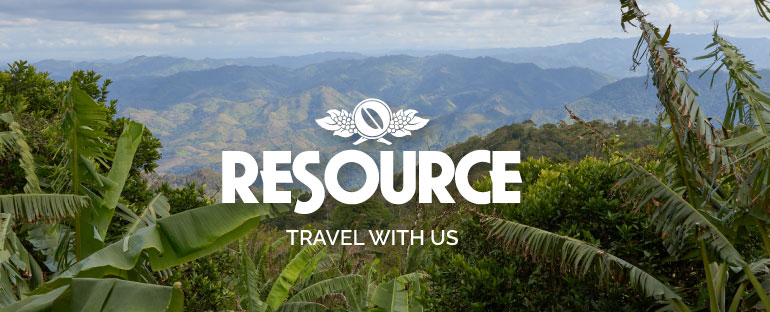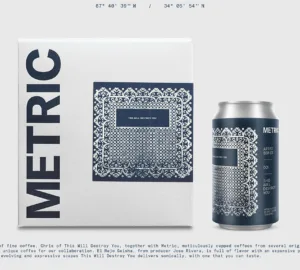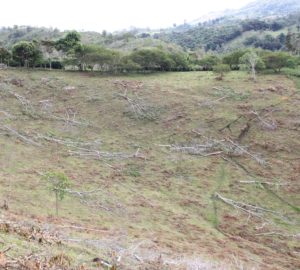For coffee producers, it can sometimes be tricky to know what they are actually producing. In the past, farmers have had to rely on the phenotype—physical traits a coffee tree may have, like long leaves, cherry size and shape, etc—to proffer a best guess as to what the variety may be. And often, these best guesses can be wrong, to deleterious effect.
That’s why World Coffee Research has created the Coffea arabica genetic fingerprinting database. The open-access database contains genetic markers for 23 varieties found in Latin American coffee growing countries that can be used as a reference panel for low-cost genetic testing.
For the database, the WCR has created unique genetic fingerprints consisting of 45 Single Nucleotide Polymorphism (SNP) molecular markers, “tiny genetic variations dispersed through a plant’s DNA sequence,” for each of the 23 varieties contained. Announced last week via press release, the WCR used over 30,000 leaf samples from five Latin American grown countries to create the database. SNP markers are incredibly beneficial in genotyping for their ability to be analyzed quickly and accurately as well as their much lower cost when compared to other genetic testing methods.
There is a significant need for genetic testing, both for producers and consumers alike. In prior research, the WCR found that 39% of all coffee trees were not the variety they were believed to be. For consumers this can mean paying Gesha prices for something that is not a Gesha. And while this is certainly not ideal, the potential impact for farmers is even worse. If a farmers plants a certain variety of coffee trees for, say, its leaf rust resistance or ability to thrive in hotter temperatures but what they actually planted is some other variety not having those sought-after traits, entire crops can be put at risk. Access to easier and more cost-effective genetic testing can help farmers be sure of what they are planting.
The current database includes some of the most commonly grown varieties in not just Latin America but the world, including Typica, Bourbon, Caturra, and Catuai as well as Latin American-focused varieties like Pacamara and Maragogipe. The WCR describes the database as a “living document,” with new varieties expecting to be added.
The C. arabica genetic fingerprinting database offers a huge step forward in transparency in coffee production. By creating the resource—and making it publicly available—the WCR has dismantled multiple barriers that may keep farmers from confirming the varieties of their crops using genetic testing. For more information, visit World Coffee Research’s official website.
Zac Cadwalader is the managing editor at Sprudge Media Network and a staff writer based in Dallas. Read more Zac Cadwalader on Sprudge.






























